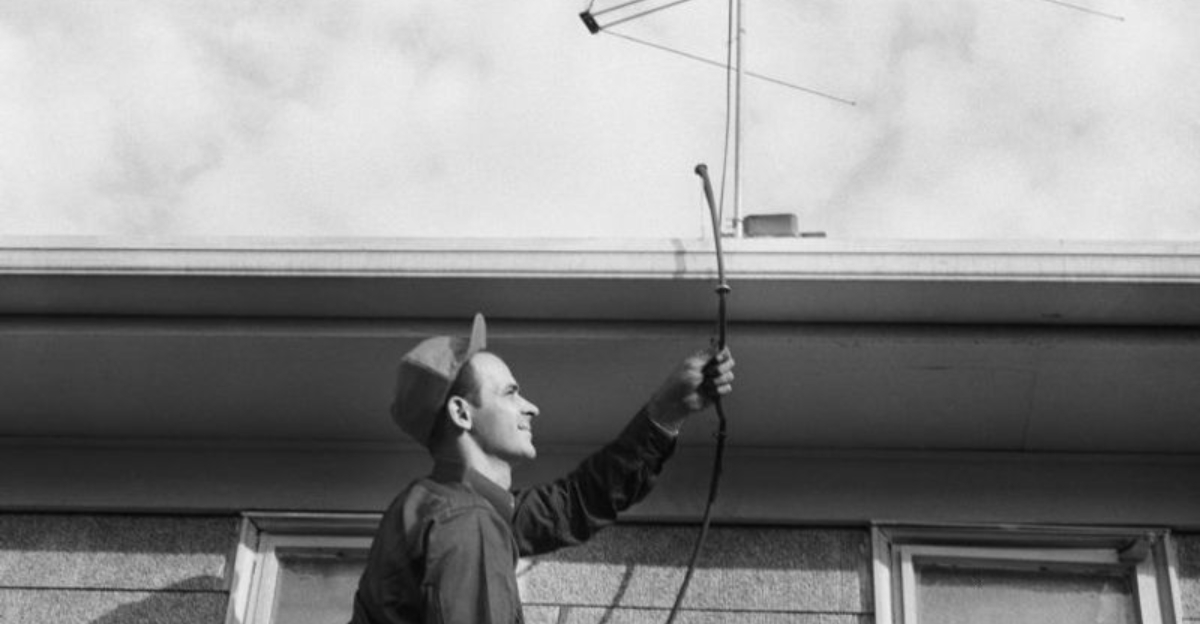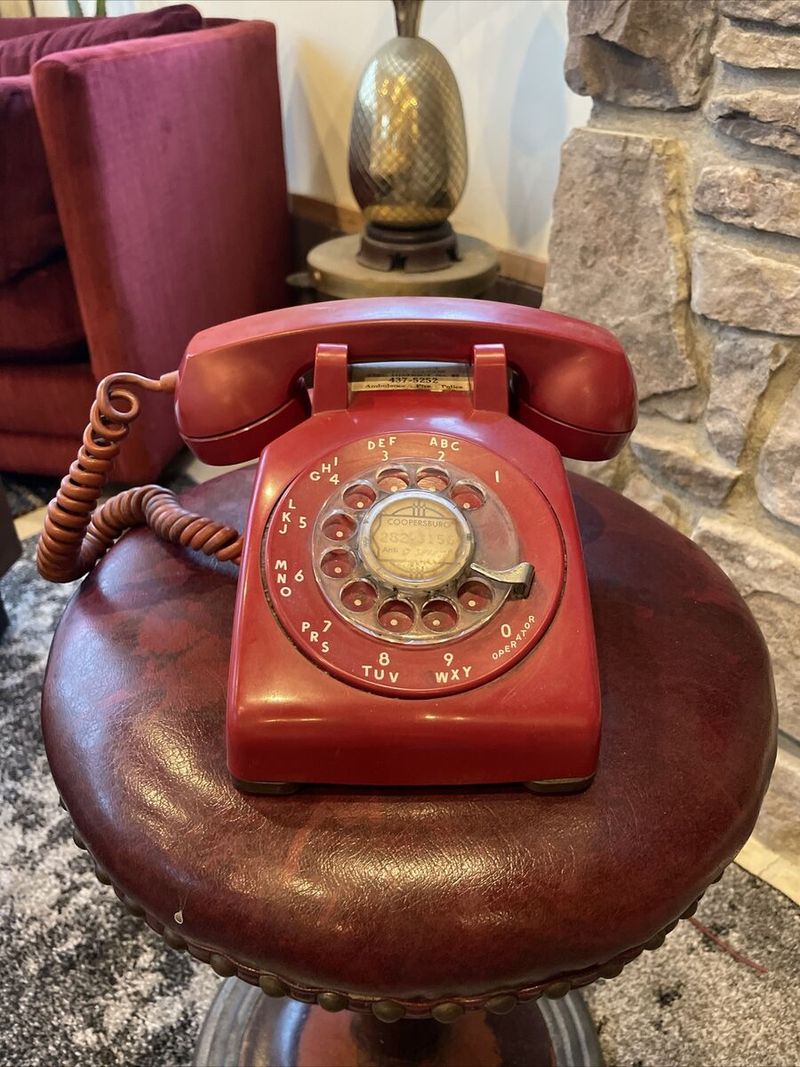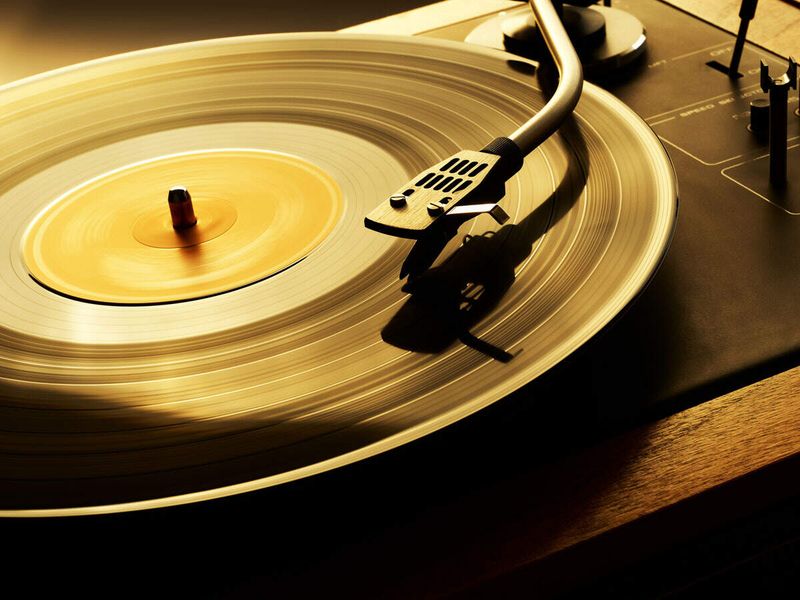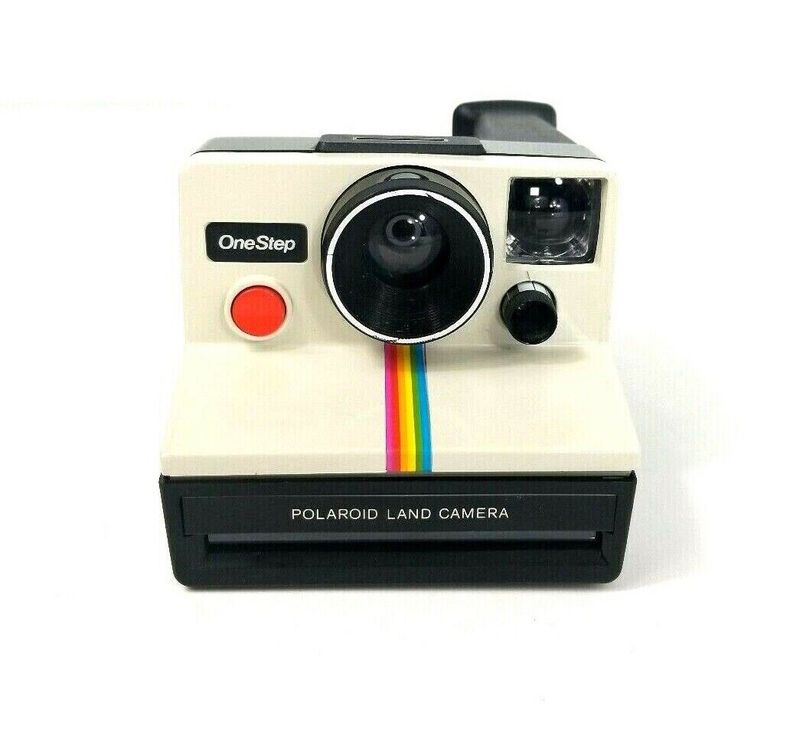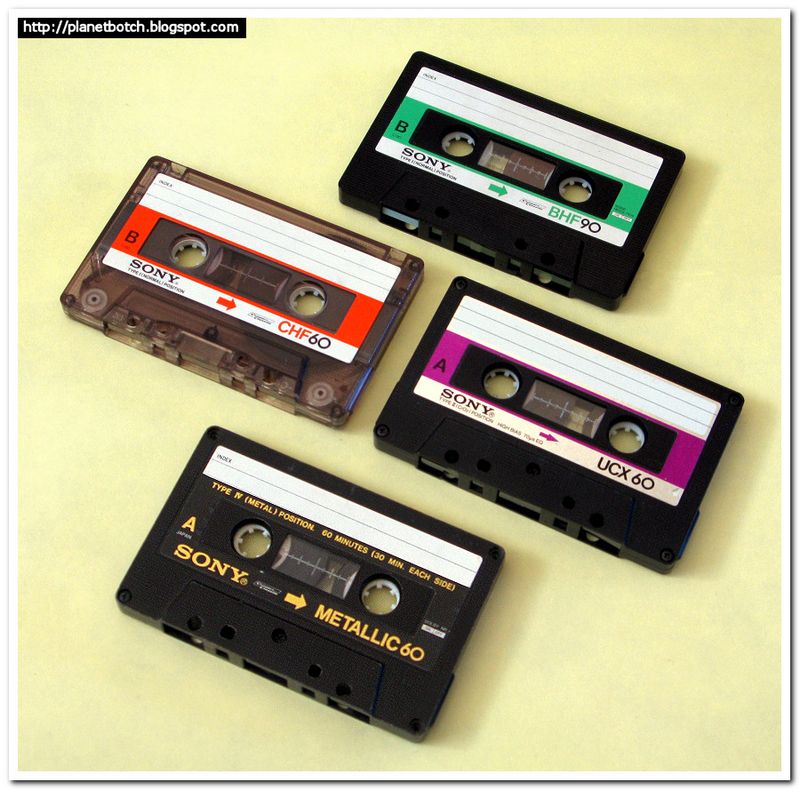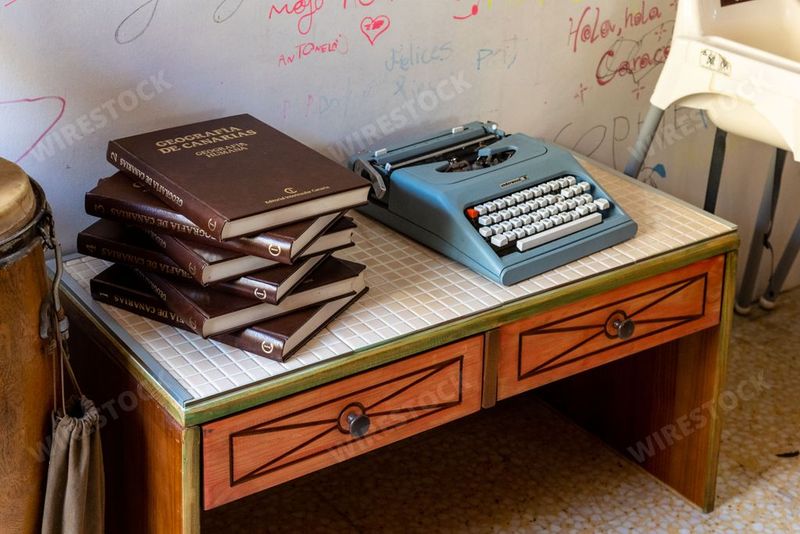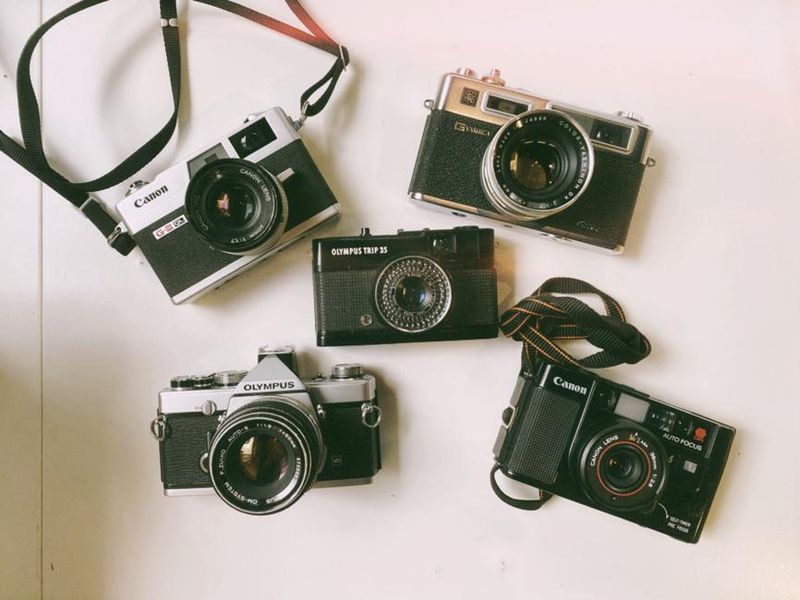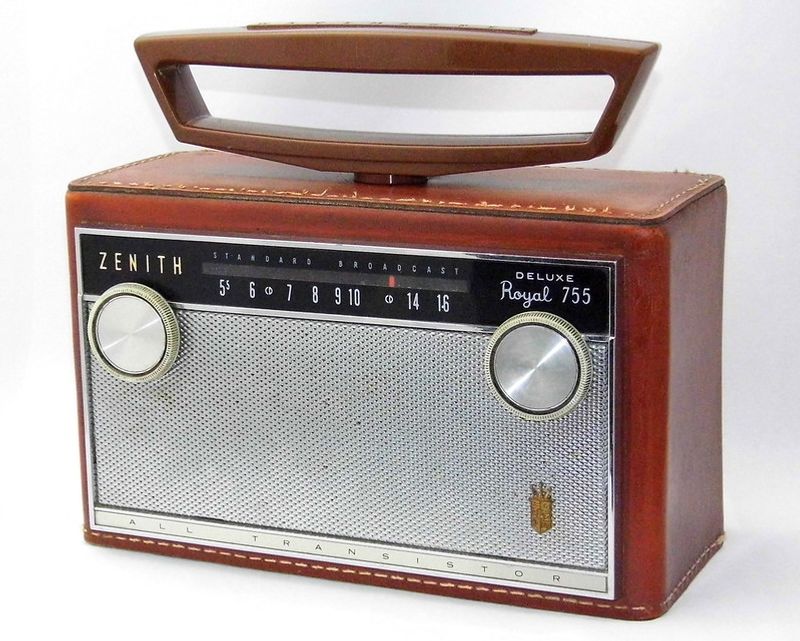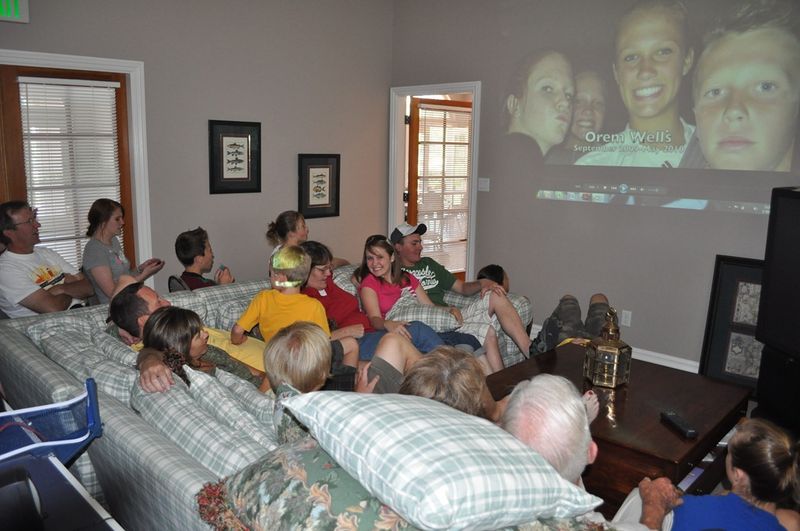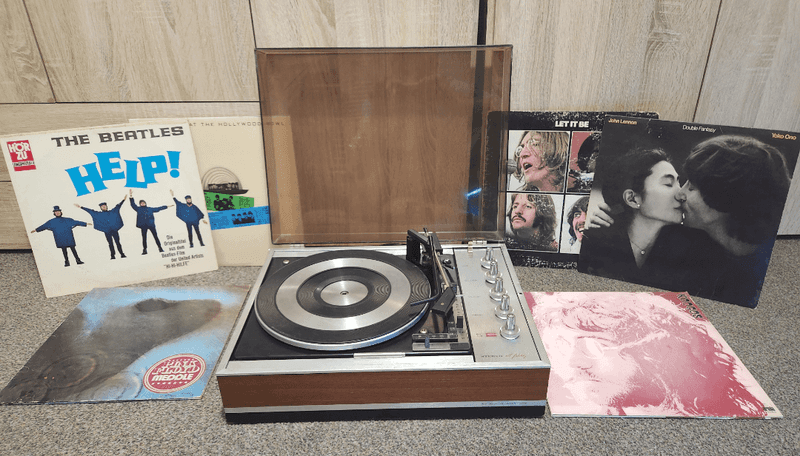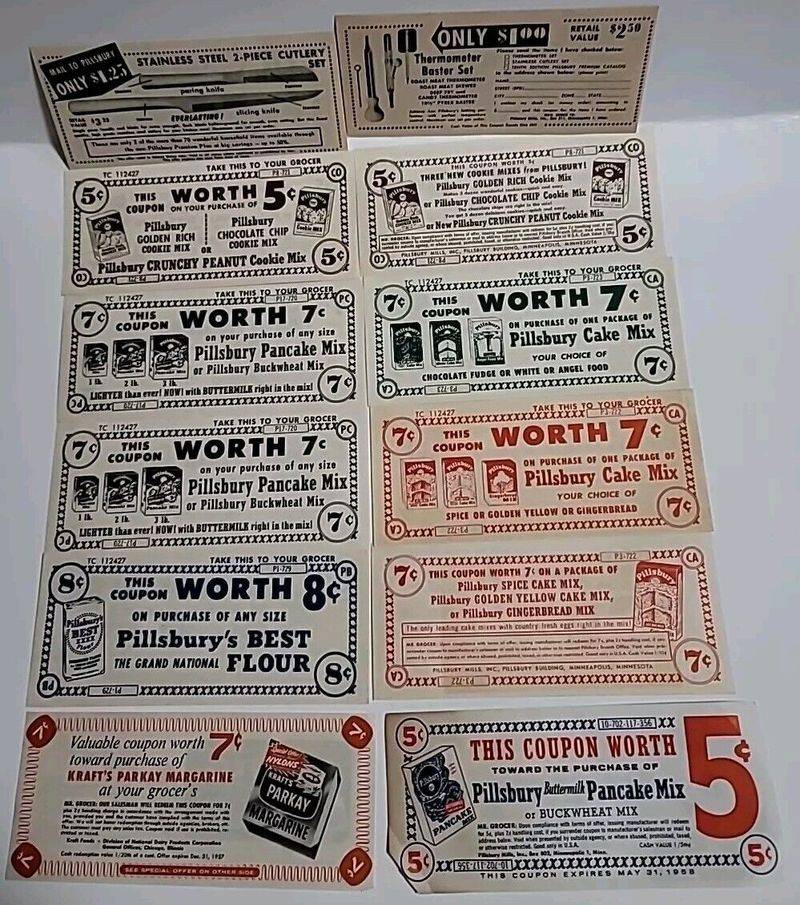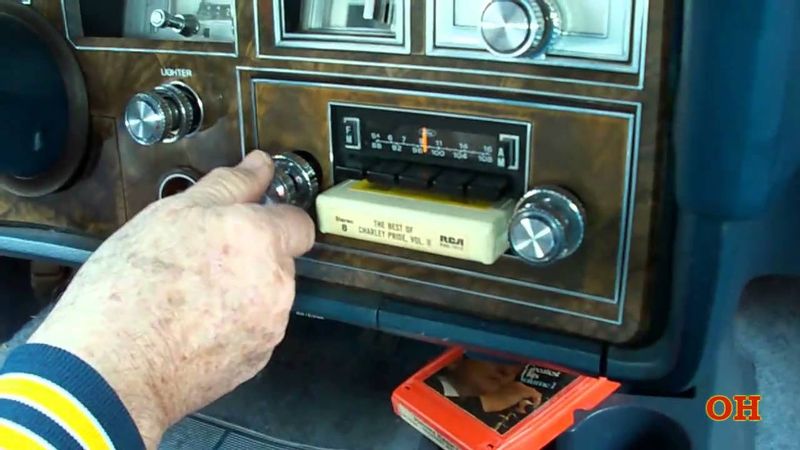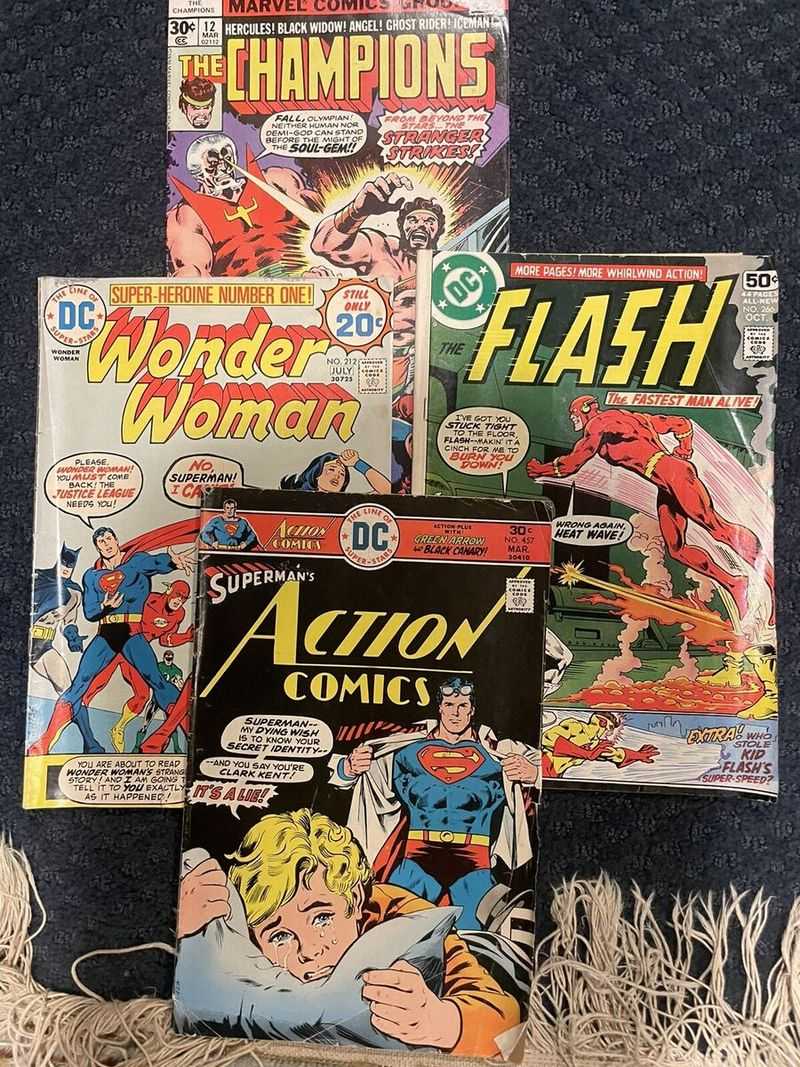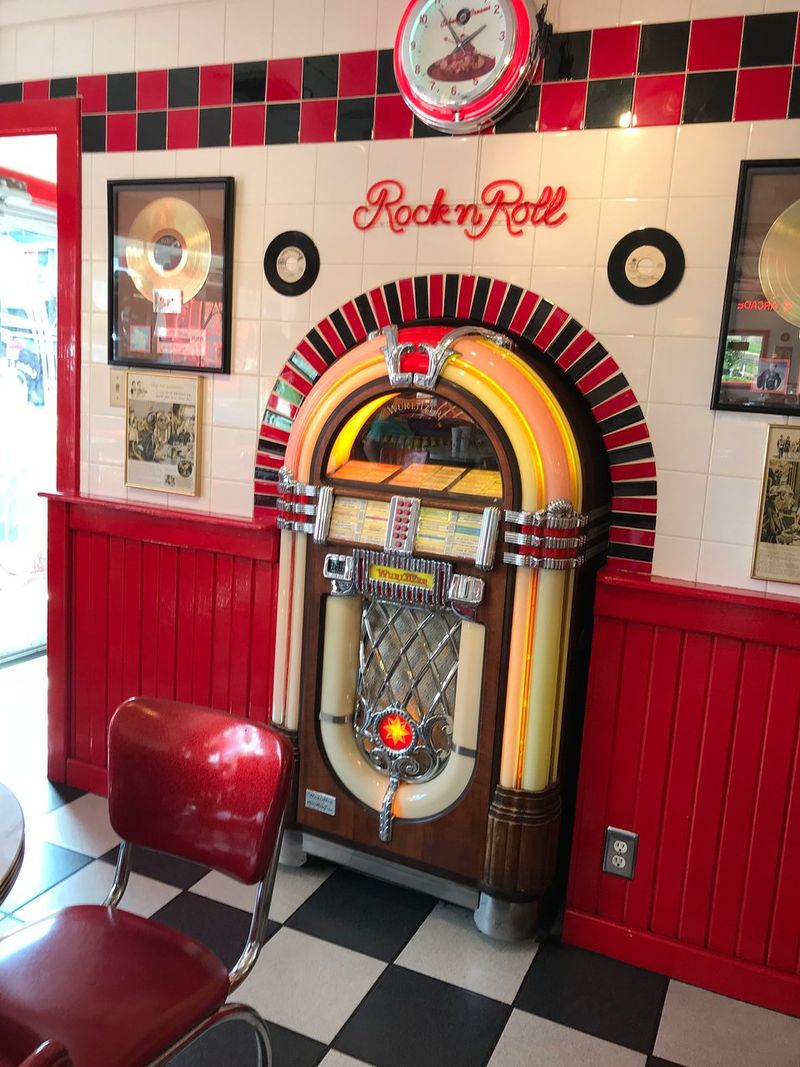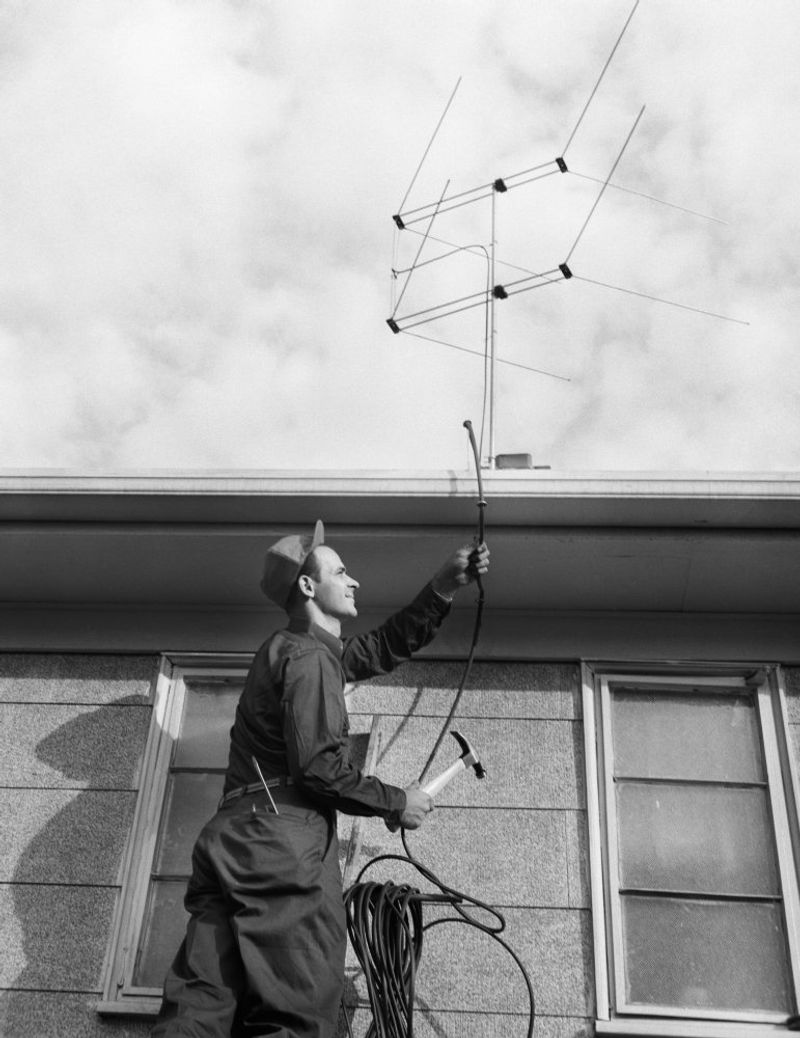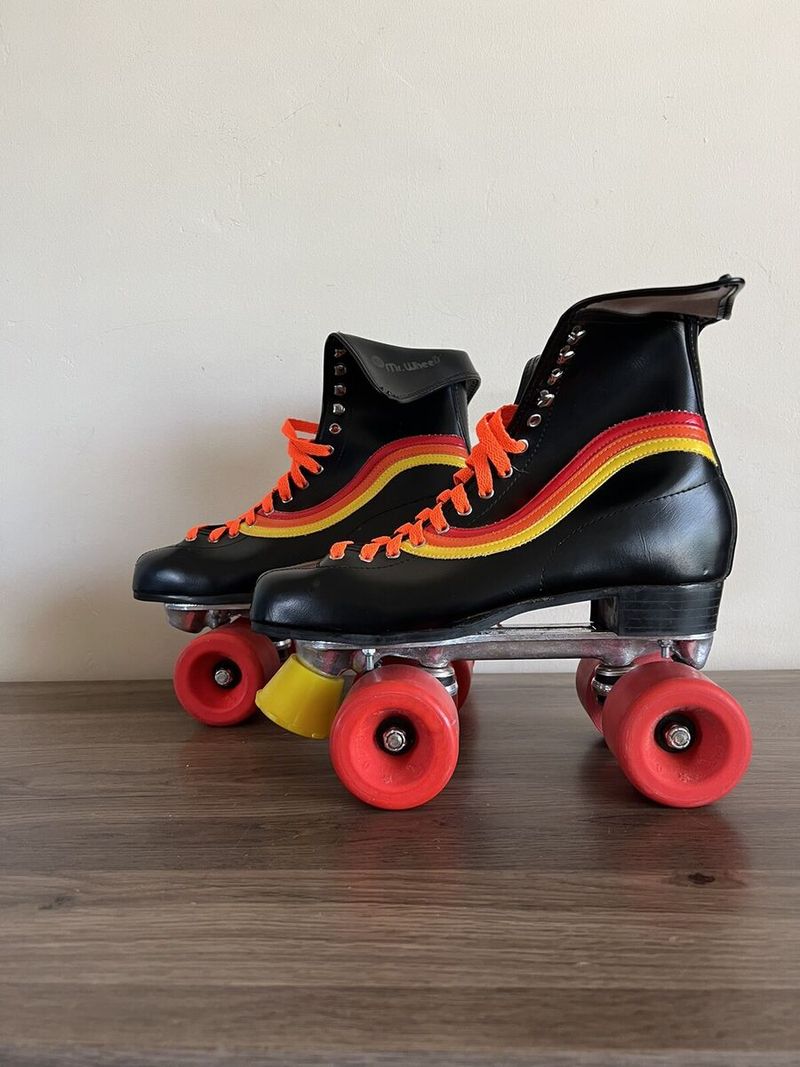In a world that’s rapidly changing, it’s fascinating to reflect on the things that the Baby Boomer generation holds dear—experiences and items that don’t require a smartphone, unlike today where Gen Z might quickly Google everything. This blog post delves into 17 such nostalgic items that once filled the lives of Boomers with joy and practicality, a time when memories were made without the digital aid of today’s technology.
1. Rotary Phones
Do you remember the satisfying click as you dialed numbers on a rotary phone? Back then, calling someone was an event. The tactile sensation of the rotating dial made every call feel intentional. No instant messaging here. Boomers mastered the art of patience, waiting for each number to return before dialing the next.
The rotary phone wasn’t just a communication tool; it was a household centerpiece. Often placed in the hallway, it echoed with the voices of family conversations, laughter, and sometimes arguments.
2. Vinyl Records
Vinyl has made a hip comeback, but for Boomers, it never left. The ritual of selecting a record, placing it on the turntable, and setting the needle down is pure magic. The warm crackle and rich sound make digital seem sterile in comparison.
Music wasn’t just played; it was experienced. Album art, liner notes, and the distinctive smell of vinyl were all part of the package. It was a time when you listened to an album front to back, letting the stories unfold.
3. Polaroid Cameras
Before instant photos became a smartphone feature, Polaroid cameras brought images to life in seconds. Each snapshot was a tangible memory, developing right before your eyes. Boomers delighted in the anticipation as the photo slowly revealed itself.
These cameras were symbols of spontaneity and creativity. Every picture was unique, with no second chances or do-overs. They captured candid moments, unfiltered and raw, preserving them in a physical form that could be shared hand-to-hand.
4. Cassette Tapes
Rewind to the age of mixtapes, where creating a playlist required effort and intent. Cassette tapes were personal. Boomers often exchanged them as tokens of friendship or love, each song handpicked to convey a message.
Playing a tape involved flipping sides, adjusting volume knobs, and occasionally rescuing the tape with a pencil. These tactile interactions made music a hands-on experience. And who could forget the satisfying clunk of inserting a tape into the player?
5. Typewriters
The click-clack of typewriter keys is music to a Boomer’s ears. These machines were more than writing tools; they were gateways to creativity. Each keystroke required purpose, with no backspace to erase mistakes.
Typewriters demanded focus and forethought. The smell of ink ribbons and the feel of crisp paper transported writers into their narratives. A finished page was a badge of honor, a testament to the effort and thought poured into each line.
6. Film Cameras
In the pre-digital era, film cameras made every shot count. Boomers learned photography with limited exposures, capturing moments thoughtfully. The excitement of developing film, waiting to see which shots turned out, was unmatched.
Each roll was a story, told through carefully composed images. The tactile process of loading film, setting focus, and manually adjusting settings made photography an art. Pictures weren’t just taken; they were crafted.
7. Transistor Radios
Portable and personal, transistor radios were a Boomer’s companion. Whether at the beach or in the backyard, they provided a soundtrack to life’s moments. Tuning the dial to find a favorite station was an art form.
These radios brought the world closer, delivering news, music, and sports. Their compact size made them revolutionary, allowing music to travel beyond the living room. The crackling AM frequencies are nostalgic notes in a Boomer’s memory.
8. Slide Projectors
Family gatherings often featured slide shows, where memories were projected larger than life. Boomers cherished these moments, reliving vacations and milestones with a click and a whir.
Slide projectors transformed living rooms into mini theatres. Each slide was an opportunity to share stories and laughter. The warm glow of the projector light cast a comforting ambiance, making memories feel alive and immediate.
9. Record Players
Record players were the centerpieces of many Boomer homes. The act of playing a record was a ritual; the gentle lowering of the needle onto the groove was a ceremony of sound.
Music had texture and depth, filling rooms with a warm, rich audio experience. Album covers were works of art, adding a visual element to the auditory. These players weren’t just for music; they were for moments, shared and solo.
10. Encyclopedias
Before search engines, encyclopedias were the doors to knowledge. Boomers recall leafing through these hefty volumes, discovering the world one page at a time.
Each entry was a treasure trove of information, illustrated with pictures and diagrams. They weren’t just books; they were journeys into history, science, and art. Encyclopedias taught Boomers the joy of research, of curiosity sated without a screen in sight.
11. Mail-In Coupons
Clipping coupons was more than a money-saving strategy; it was a ritual. Boomers spent Sundays snipping deals from newspapers, sending them off with hope and anticipation.
Mail-in coupons offered rewards for patience. Waiting for a reply was part of the thrill. They taught Boomers the value of delayed gratification, a lesson in appreciation and resourcefulness that digital coupons can’t replicate.
12. 8-Track Tapes
The 8-track tapes were the road trip soundtrack of a generation. Boomers embraced their clunky design for the promise of continuous music.
With a satisfying click, they changed tracks, and each cartridge was a mixtape of possibilities. The unique mechanics and chunky build made these tapes iconic. They were a precursor to portable playlists, bringing music to cars and homes in a new way.
13. Comic Books
Comic books transported Boomers to worlds of superheroes and adventure. Each page was a gateway to imagination, with vibrant art and thrilling stories.
Collectors cherished every issue, savoring the tales of courage and justice. Comics were more than entertainment; they were cultural icons, connecting fans across ages and backgrounds.
14. Jukeboxes
Jukeboxes were the heartbeat of diners and dance halls. Boomers fondly remember slipping coins into the slot, selecting songs that filled the room with melody and memories.
The warm glow of the jukebox lights created an inviting ambiance. Each song played was a shared experience, a soundtrack to laughter and dance. Jukeboxes brought communities together, one track at a time.
15. TV Antennas
Before streaming, TV antennas were the key to entertainment. Boomers recall adjusting these metal contraptions to capture the clearest signal, sometimes involving creative solutions.
Family nights around the TV were sacred. The flickering screen brought stories to life, gathering loved ones for shared viewing experiences. Antennas were more than tools; they were gateways to the world outside.
16. Roller Skates
Roller skates were the embodiment of freedom and fun. Boomers glided along boardwalks and streets, the wind in their hair and laughter in the air.
Skating was a social event, a chance to connect and enjoy the outdoors. The clatter of wheels on pavement is a nostalgic sound, echoing a simpler time of carefree joy and youthful exuberance.
17. Drive-In Theaters
Drive-in theaters were cinematic adventures under the stars. Boomers turned their cars into personal theaters, enjoying films from the comfort of their vehicle.
The flicker of the screen against a twilight backdrop created a magical atmosphere. These theaters were more than movie venues; they were community gathering spots where memories were made and shared.
